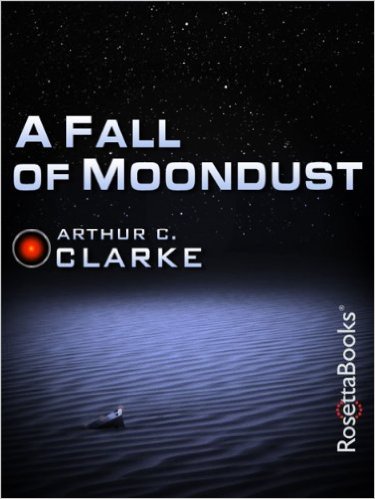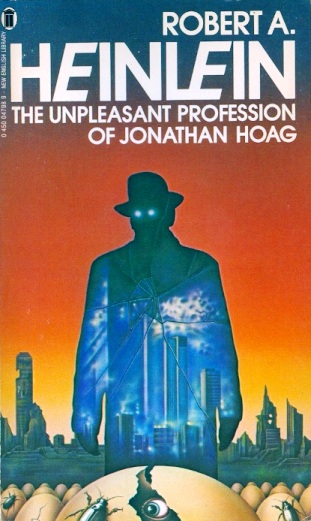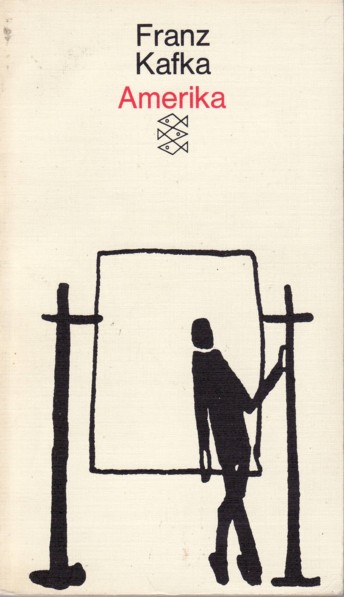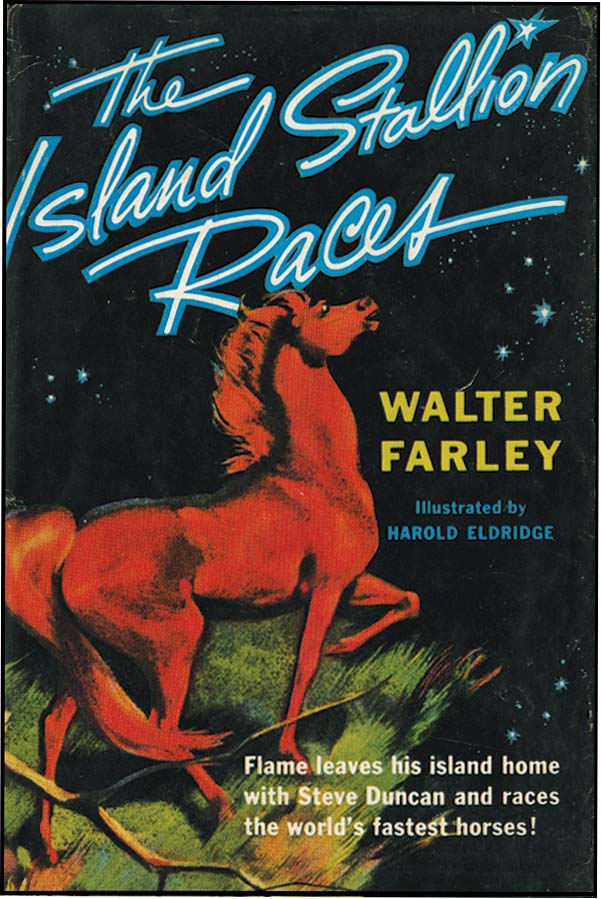By John Hertz: We’ll take up three Classics of SF at Loscon XLII, one discussion each. Come to as many as you like. You’ll be welcome to join in.
I’m still with “A classic is a work that survives its own time. After the currents which might have sustained it have changed, it remains, and is seen to be worthwhile for itself.” If you have a better definition, bring it.
Each of our three is famous in a different way. Each may be more interesting now than when first published.
Have you read them? Have you re-read them?
Arthur C. Clarke
A Fall of Moondust (1961)
 A Hugo finalist, a kind of drama, a kind of locked-room mystery, tense, urgent, an interweaving of science and fiction where each sustains the other, this masterwork of story and verisimilitude shows what the author could do almost in monochrome. His poetry and characterization are subtle and striking.
A Hugo finalist, a kind of drama, a kind of locked-room mystery, tense, urgent, an interweaving of science and fiction where each sustains the other, this masterwork of story and verisimilitude shows what the author could do almost in monochrome. His poetry and characterization are subtle and striking.
Robert A. Heinlein
“All You Zombies….” (1959)
 Is this the best time-travel story ever? The author’s best? It’s short; as for sweet, well — It could certainly be compared with the author’s own “By His Bootstraps” (1941) and Door Into Summer (1957); with Asimov’s End of Eternity (1955) and Leiber’s Big Time (1958). We’ll discuss it instead.
Is this the best time-travel story ever? The author’s best? It’s short; as for sweet, well — It could certainly be compared with the author’s own “By His Bootstraps” (1941) and Door Into Summer (1957); with Asimov’s End of Eternity (1955) and Leiber’s Big Time (1958). We’ll discuss it instead.
Franz Kafka
Amerika (1927)
 His three great novels — Amerika, The Castle, The Trial — were published only after his death. Here we find the Statue of Liberty bearing a sword, and before long, that desk, those glass walls. Some have called Amerika lighter, more cheerful than the other two. Ha ha.
His three great novels — Amerika, The Castle, The Trial — were published only after his death. Here we find the Statue of Liberty bearing a sword, and before long, that desk, those glass walls. Some have called Amerika lighter, more cheerful than the other two. Ha ha.
extra ** extra
Bobbi Armbruster Special
Walter Farley
The Island Stallion Races (1955)
 The man whose books made the Black Stallion “the most famous fictional horse of the century” (New York Times) wrote one with aliens, space travel, shape-shifting. It was the first SF novel our Fan Guest of Honor read. We’ll celebrate with an extra discussion. How is Races unlike and like the SF we’re used to?
The man whose books made the Black Stallion “the most famous fictional horse of the century” (New York Times) wrote one with aliens, space travel, shape-shifting. It was the first SF novel our Fan Guest of Honor read. We’ll celebrate with an extra discussion. How is Races unlike and like the SF we’re used to?
Discover more from File 770
Subscribe to get the latest posts to your email.

I was just talking about “The Island Stallion Races” a couple of week ago with my SF group (in the category of “SF by people you didn’t know wrote SF” (Allen Drury’s “Throne of Saturn” also falls into that category).
Fall of Moondust was one of the first Clarke novels I read back in school, after 2001 and 2010. It also for some reason sticks out as one of the first real paleofutures I encountered, even if 2001 said there should have been a base on the moon for year when I read that book. The lunar seas as fine moondust one would sink into was charming, even if I knew that Apollo 11 had not gone *poff* and vanished the second it touched down.
It was also an instruction in science fiction that didn’t have wars or lasers swords or mystical forces (yes, the Star Wars Expanded Universe was my first introduction into space science fiction novels.) It has some of the tells of the classics – slide rules and paper computation. But it’s titled plotted, the actual scientific dangers of outer space (even if it was a “never-was” outer space of the lunar dust seas) staid with me.
It also has the, shall we say, limited characterization of early Clarke. Characters are bold, save the few that are annoying, and all quite resourceful. It’s skilled competence porn, and it’s early competence porn. And it could likely have used some more women. But I still remember it fondly.
I’ve tried to explain the Island Stallion one to disbelieving audiences before.
I’ll be at Loscon & would like to be on the Moondust panel or audience — when is it? Arthur told me some afterthoughts on that novel…
RedWombat: Yeah, me too. I finally (as an adult) decided that it was an example of an author wanting to have his cake and eat it, too–that is, Farley didn’t want to change the basic premise of the series, but he wanted the horse to RACE, dammit! So he turned to sf, sort of.
I’ve often wondered what he would have come up with if he’d decided to turn to pure fantasy . . .
@Andrew:
I don’t know how well it holds up, but when a kid one of my favorite “SF by people you didn’t know wrote SF” books was “The Girl, The Gold Watch, and Everything” by John D. MacDonald. I also remember enjoying his “Wine of the Dreamers”.
Gregory Benford: Whether or not you end up on the panel at Loscon, I do hope you’ll write up that conversation, and maybe even share it here.
@Gregory Benford
For the sake of completeness, I need to mention that while Fall of Moondust was the book that really woke me up in Middle School to science fiction being more, so much more, than just the Expanded Universe, there was more to the story. I burned through Clarke and Asimov, and then had a lengthy period reading fantasy.
Until I read Heart of the Comet, and started a period of seeking out decent speculative/hard science fiction that’s been going a decade and a half now.
Thank You.